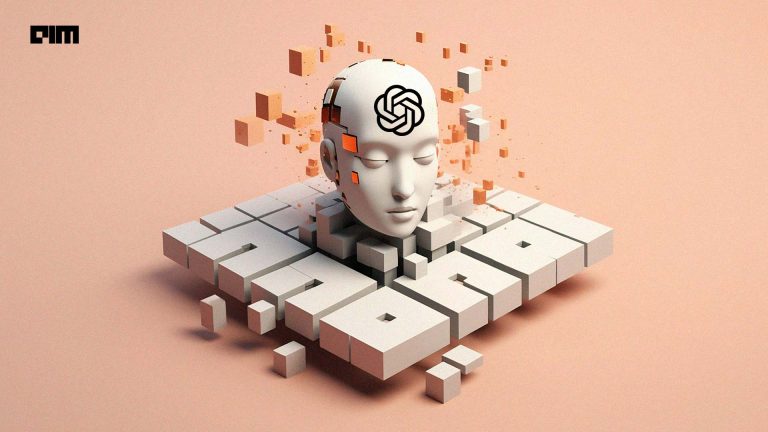|
Listen to this story
|
Ever since rumours emerged that Microsoft might integrate GPT capabilities into Bing, Google HQ has been on Code Red status. Now, with the release of their earnings report for FY22, it seems that Alphabet has doubled down on their AI strategy for the coming year. Let’s take a closer look at how Google did last year and what they have in store for the future.
Doubling down on AI
The headline statement of the earnings report was Sundar Pichai’s remark on how AI has been reaching an ‘inflection point’. He went on to state that Google would soon unveil many ‘AI-driven leaps’ in Search and many other applications.
Alphabet executives have also made the decision to move DeepMind from the ‘Other Bets’ section of the company to become a part of Google. This means that all future earnings reports will include DeepMind as a part of Google, allowing its AI research to be more closely integrated with other Google products. Ruth Porat, CFO, Google and Alphabet, stated, “With AI, this is obviously an Alphabet strategic priority, and we see huge opportunity ahead. DeepMind’s research is core to that future across the product areas in Alphabet’s portfolio. So this reporting change represents this strategic focus.”
This is seemingly in response to Microsoft’s big moves in AI over the past few months, which have not only included the launch of GitHub Copilot and Azure AI Cloud, but also a $10 billion investment in OpenAI for further AI research. While Microsoft is making its first forays into AI-powered tools, Google has been implementing this tech in their products since 2015.
Google has leveraged multiple models like RankBrain, Neural Matching, BERT, and MUM to improve its search capabilities. The Google Workspace suite has also included many AI features like text autocomplete, grammar check, integration of ML in Google Sheets, and more. However, their AI crusade doesn’t stop here.
It seems that Alphabet is going the OpenAI way, by using human feedback to further refine their large language models. However, when compared to ChatGPT, it seems that Google’s models will be connected to the Internet and will provide the latest information.
Speaking at the earnings call, CEO Sundar Pichai stated, “We’ve published extensively about LaMDA and PaLM… in the coming weeks and months, we will make these language models available, starting with LaMDA. This will help us continue to get feedback, test, and safely improve these models…they will become even more useful for people as they provide up-to-date, factual information.”
Recently, reports emerged that Google is planning on integrating a whole host of services, including an AI chatbot termed ‘Apprentice Bard’, which is built on LaMDA. Pichai seems to echo this sentiment, stating, “Very soon, people will be able to interact directly with our newest, most powerful models as a companion to search, in experimental and innovative ways. These models are particularly amazing for composing, constructing, and summarising.”
Alphabet’s state of affairs
Alphabet reported $28.2 billion in earnings over the course of the last year, up from $25.7 billion last year, representing a 10% increase in revenue (14% in constant currency). The main drivers of this growth were Google Search, YouTube ads, and other Google services such as Android, Chrome, Maps, and other Google hardware like Google Pixel and Chromebooks.
The company also touched upon their widespread layoffs, part of the Silicon Valley bloodbath that occurred in the last quarter. Google cut down about 12,000 roles, leading them to pay severance charges of $1.9 billion to $2.3 billion this quarter. To further cut down on costs, Google also announced they are reducing their real estate footprint, which will cost a further $500 million in the short term but will cut down costs in the long run.
While this has largely been a profitable year for Google, it is clear that the tech giant still has a long and arduous path ahead. Integrating AI into the world’s most popular website will be a behemoth undertaking, and doing it safely, ethically, and with minimal bias is a challenge on its own.
However, the biggest gainer out of competition between Microsoft and Google – the average web user. While these tech giants slug it out with their million-dollar models, users can become exposed to what could be the first wave of mainstream AI.



















































































